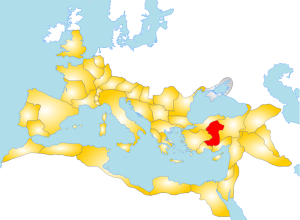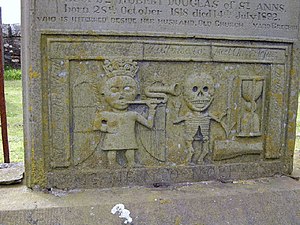
This post continues notes from Couchoud’s The Creation of Christ — all posts are archived in Couchoud: Creation of Christ.
Paul-Louis Couchoud, by the way, gets several nods in W. O. Walker’s Interpolations in the Pauline Letters (so, more than once, does Hermann Detering) — See the GoogleBooks–Interpolations in the Pauline Letters. From there do a word search in the left margin search-box for “Couchoud” and see the full list of references in that work. (I only mention this for the benefit of anyone who may have run across Dr James McGrath’s or any other scholar’s ignorant scoffing of Couchoud in response to posts in this series. Some scholars can address figures the views of one like Couchoud with the dignified civility expected of public intellectuals.)
Couchoud only skims the surface of conclusions from his more detailed publication, La Première Edition de St. Paul (Premiers Ecrits du Christianisme, 1930). Hermann Detering has posted an online version of this work on his site. So what is outlined here are conclusions, not arguments.
In a footnote in The Creation of Christ Couchoud lists what he believes are the “touch-ups” (editings) an editor (Clement of Rome?) has made in the original letter to the Galatians: Continue reading “Epistle to the Galatians — Couchoud’s view”



